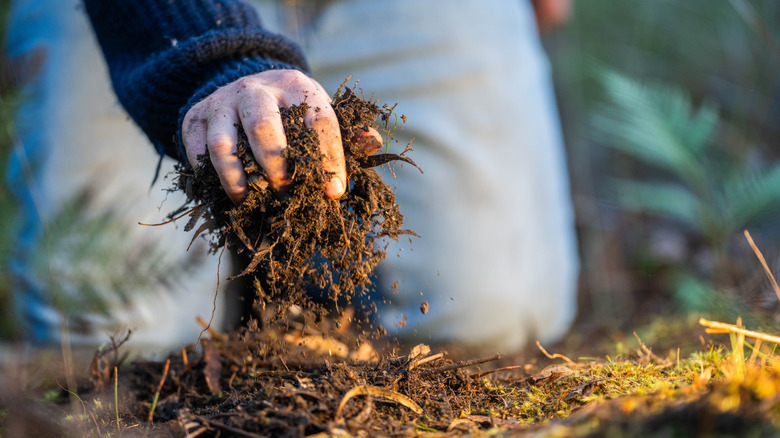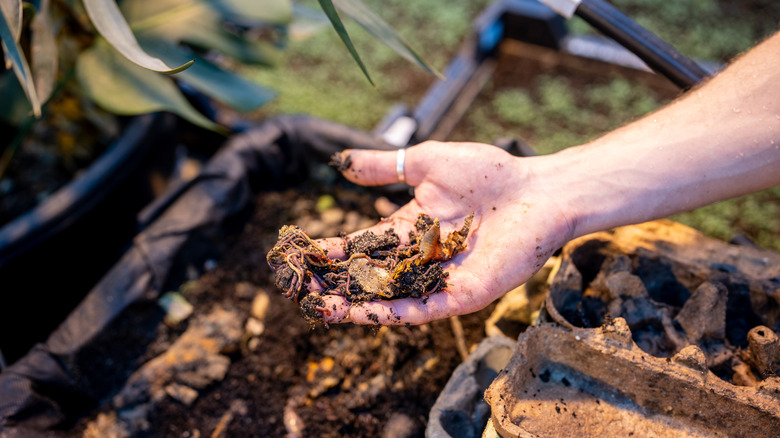Organic Matter In Soil Explained So You Can Create Healthy Growing Conditions
Healthy plants start with healthy soil, and one of the key elements of quality soil is organic matter. But what exactly is soil organic matter, and how can it help create a thriving garden? Soil organic matter (SOM) is made up of decaying plant and animal materials, along with living organisms like bacteria, fungi, and earthworms. Over time, leaves, roots, and other organic debris break down and become part of the soil.
This organic matter is essential because it acts as a nutrient reserve, storing important nutrients, like nitrogen, phosphorus, and potassium. These nutrients are slowly released into the soil, which provides plants with what they need to grow. Beyond nutrients, SOM also improves soil structure, making it easier for roots to spread and for water to move through the soil, helping to prevent waterlogging or compaction.
Organic matter also plays a big role in water retention. It acts like a sponge, helping soil hold its moisture, which means plants can go longer between waterings. SOM supports a healthy environment for microorganisms, which help break down organic material further, making nutrients even more accessible to plants. Without organic matter, soil becomes dry, compacted, and less able to support plant growth. But by increasing SOM, you can create healthier soil that supports vibrant, resilient plants.
Organic matter management
Managing soil organic matter is key to improving soil health. One of the best ways to do this is by adding natural ingredients that provide nutrients, such as compost, which is rich in decomposed organic materials. Compost boosts organic matter, feeding plants with essential nutrients while improving soil texture. You can either make your own DIY compost from kitchen scraps and yard waste or buy it from garden centers. Another effective method is using cover crops. Planting cover crops, like clover or rye, in off-seasons can enrich the soil. Once turned back into the soil, these crops decompose, adding organic material and improving soil structure while also preventing erosion.
Mulching is another great way to boost soil organic matter. Organic mulches, like straw, wood chips, or leaves and sticks, gradually decompose, adding organic material back into the soil. Mulch also helps retain moisture and regulate soil temperature, creating ideal conditions for plant growth. You also might want to think twice before tilling your soil. While tilling can break up compacted soil, it can also disturb the microorganisms that live in the soil and break down organic matter. Tilling less helps keep these organisms in balance, preserving the soil's natural structure.
Planting a variety of species in your garden promotes diversity in root systems, which can improve soil structure and organic matter. Different plants contribute different kinds of organic material, benefiting the soil in their own ways. By focusing on managing soil organic matter, you can create the perfect conditions for a healthy, thriving garden. Whether you're growing vegetables, flowers, or shrubs, healthy soil is the foundation for success.

